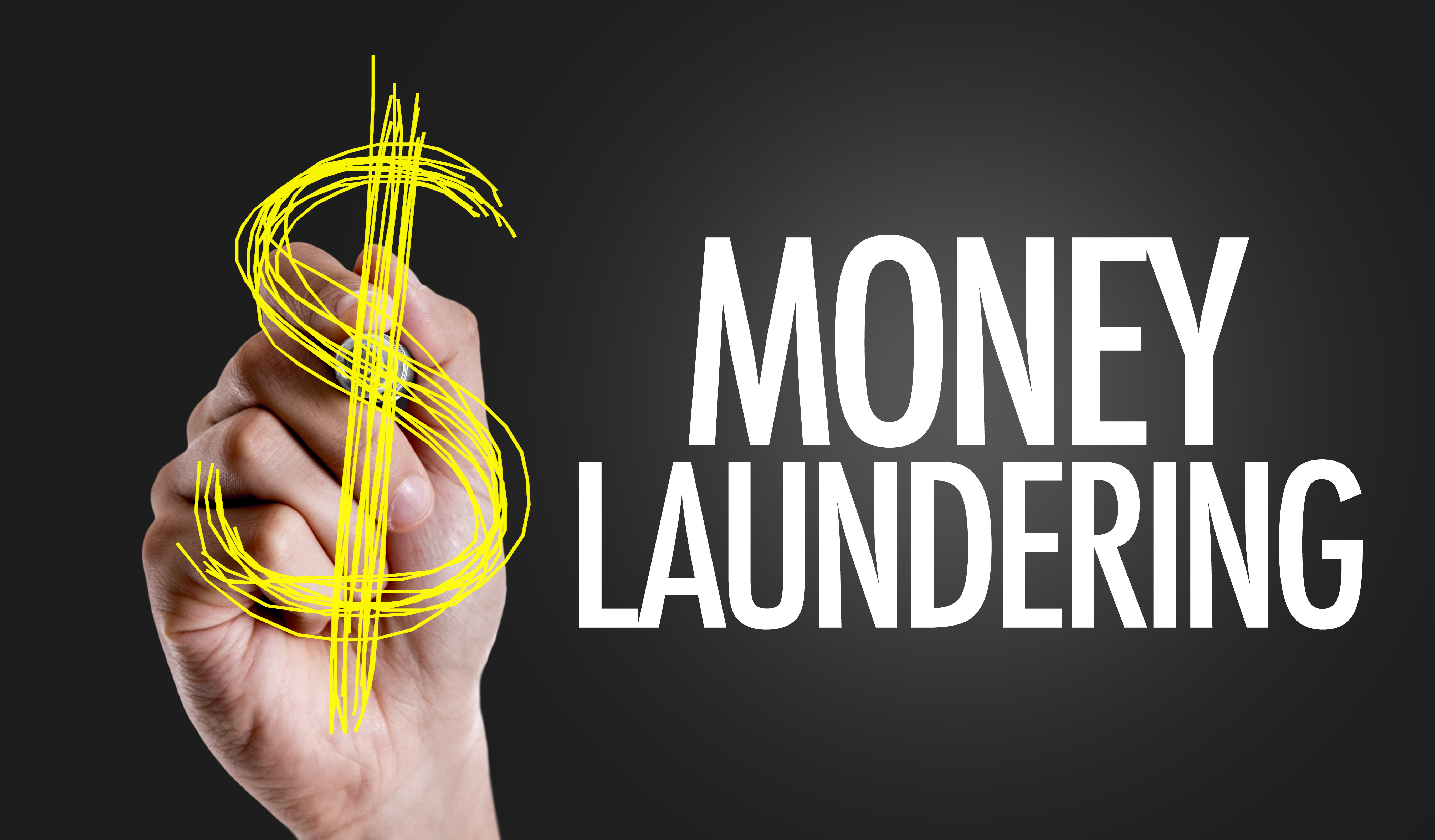
The story is getting more confusing:
- new revelation of an old technique to launder money,
- US government actions to reduce laundering that look to me like they are just eyewash, and
- small investors in a local real estate project appear to be investors working through the Panamanian system.
5/5 – Star-Telegram – Panama law firm used charities’ names as cloaks for clients – One of the schemes used in hiding money through offshore companies is setting up a foundation under Panamanian law. A private foundation can be set up which requires three directors, two of which must be publicly disclosed. Intended beneficiaries must be identified but could be changed before any funds disbursed.
The way this works is the two named individuals work for the law firm while the third undisclosed person is the person hiding money. The undisclosed person calls the shots with the two staff people from the law firm following instructions. The beneficiaries can be changed at any time.
So, you hire the law firm who has two staff assigned to be the disclosed directors. Those staff and some big named charity are the visible components of the foundation. As money is moved into the foundation for laundering, the undisclosed person calls all the shots and can change the beneficiary at any time to anyone.
Article says the law firm has set up 700 of these foundations.
A variation of this plan puts hundreds of individual companies into one foundation, which creates a lot of apparent confusion.
5/5 – Washington Post – US tightens checks on anonymous companies following Panama Papers release – Article says the administration has issued rules requiring financial institutions to identify the real owners behind companies using their banking services. Presumably this is an extension of the rules already in place.
Article says administration has proposed legislation which would close the door on single-member limited liability company from operating in the United States on an anonymous basis.
I have not read the rules and won’t do so, but based on the article I seriously doubt these requirements will do any good.
Multiple levels of shell companies could easily get around the requirement of having to disclose the real owner of a downstream corporation. The legitimate owner of a downstream entity would be another shell company.
I foresee a few unintended consequences. Let’s say a company like, oh, General Motors, wanted to establish a new banking relationship somewhere. How would you identify the “real owners” of a Fortune 500 company? If it is the subsidiary’s subsidiary’s subsidiary that owns the account, how do you identify the “real owners?” Who are the ‘real owners’ of a joint venture’s subsidiary?
How many layers will a bank have to dig through?
After reading the article, I’m wondering if the impact of these new rules do so little more than the ‘know your customer’ requirements already in place that this is essentially just eye wash.
Article says that the lax rules in Delaware, Wyoming, and Nevada make the US one of the easier places to set up shell companies that maintain anonymity. Therein lies one of the bigger ironies of this whole mess: the US is identified by one privacy monitor as the third best place to set up an anonymous shell.
5/6 – The News Tribune – How 800 Washington state investors wound up in the Panama Papers – As yet another reminder that not every offshore investor is a drug runner, money launderer, or mid-career politician, there are just under 800 small investors in Washington who will be appearing in the data release of the Panama Papers.
Those individuals invested in a local real estate deal that went sour. The company was somehow flipped a few times before turning into a holding company of a Ugandan mining outfit. In the series of flips, the investment was moved into and through a Panamanian shell.
Thus, the investors in a failed 1980s real estate deal will soon appear as clients of the Panamanian law firm.